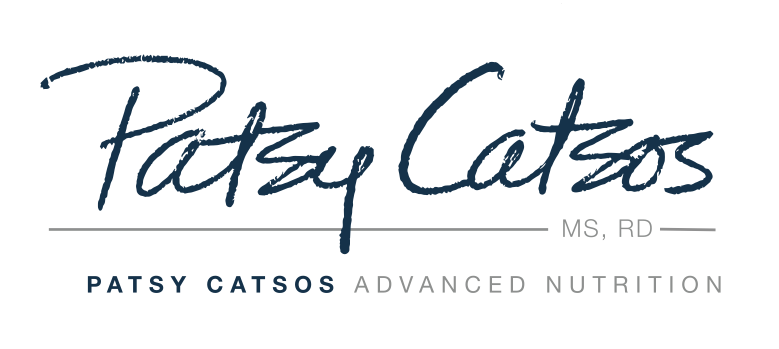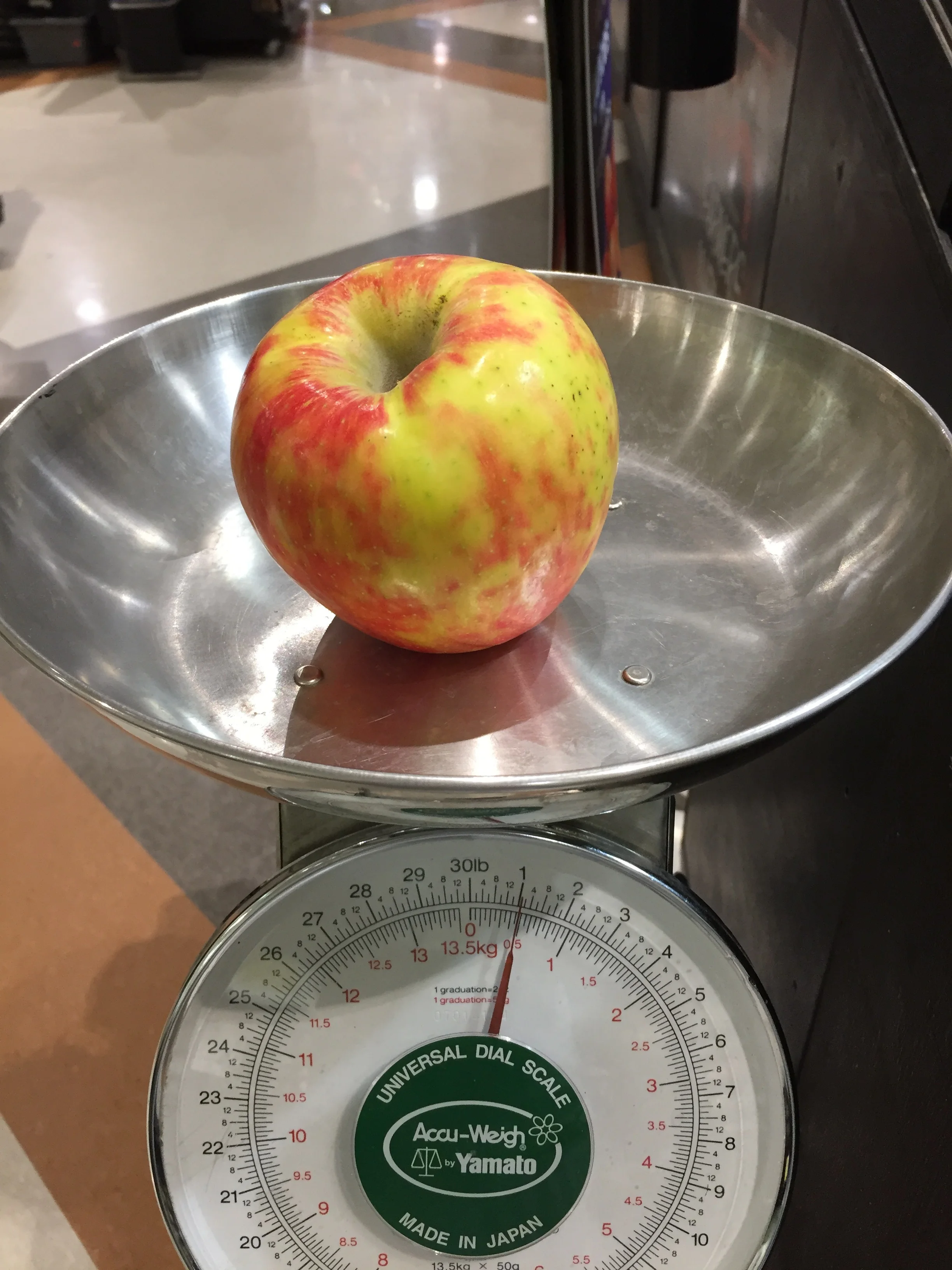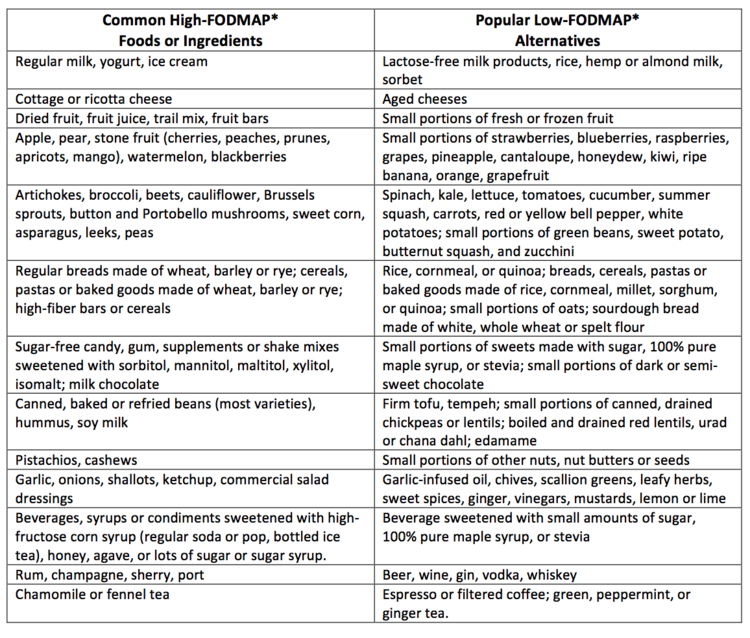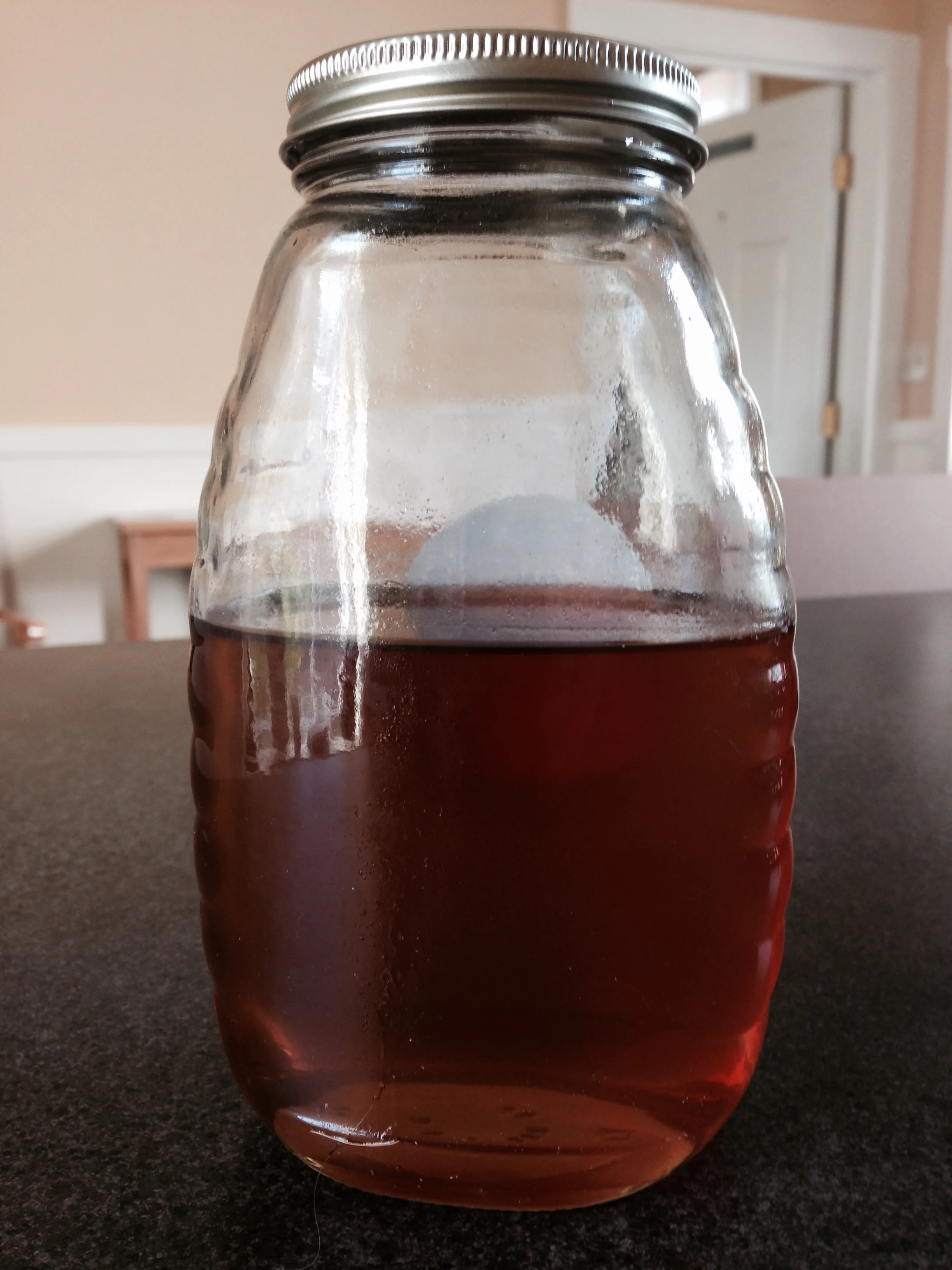Q. Can IBS lead to diverticulitis? What about megacolon? Cancer? Inflammatory bowel disease? Exocrine pancreatic insufficiency?
A. The sort answer: irritable bowel syndrome (IBS) does not cause other conditions.
As thinking people, we feel a strong need to connect the dots, to understand the reasons things happen, to ask why? Was IBS the reason we developed another condition? Would treating our IBS differently have prevented the other disease in the first place? Will IBS will lead to health problems in the future?
The S in IBS stands for syndrome, which is essentially a collection of symptoms. IBS is defined by symptoms of recurring abdominal pain, diarrhea, constipation, or alternating bowel habits, at least one day a week over the last 3 months, with symptom onset at least six months before the diagnosis. Symptoms are things the patient experiences. They may (or may not) reveal the existence of an underlying disease or disorder. Symptoms don't cause diseases. It is the other way around. Diseases cause symptoms.
Cause
The cause of a disease is the reason it develops. IBS is not the reason that diseases occur. Fortunately, there isn't any reason to think that having IBS means your gastrointestinal problems will get worse over time or turn into another condition. To answer some specific questions I have received from my readers, a diagnosis of IBS is not believed to cause diverticulitis, megacolon, cancer, Crohn's disease, ulcerative colitis, celiac disease, thyroid problems, autoimmune disorders, or fibromyalgia.
There is some gray area when it comes to anxiety and depression. You may certainly be anxious or stressed about your IBS, or feel depressed or sad about how IBS is affecting you. This type of anxiety or depression may be described as situational. Situational anxiety and depression are different from generalized anxiety disorder and clinical depression. The latter are more chronic; they would exist even in the absence of difficulty adjusting to the impact IBS has on you..
Symptoms themselves can occasionally cause complications. For example, constipation could be at least a partial cause of hemorrhoids, anal fissures, or rectal prolapse. Severe diarrhea can contribute to dehydration or electrolyte imbalance.
Association
Association means that some health conditions are more likely to occur in the same population of people. For example, as a group, people with IBS are more likely to be diagnosed with gastroesophageal reflux disease (GERD) than people who don't have IBS. But it cannot be said that IBS is the reason for the GERD. People with IBS are more likely than people without IBS to be diagnosed with clinical depression or chronic pain conditions. They more frequently have additional disorders affecting the stomach, esophagus, or anorectal parts of the gastrointestinal tract.
Diverticulitis is strongly associated with IBS. There is a possibility that the diverticulitis causes IBS or IBS-like symptoms, but the reverse is not likely.
IBS and eating disorders are unquestionably associated. About half of patients with eating disorders also have IBS. And some people with IBS may develop disordered eating habits as a way of avoiding symptoms.
Delayed Diagnosis or Misdiagnosis
The difficulty that you and you healthcare providers may face is that many diseases share the symptoms of IBS. Abdominal pain, bloating, diarrhea, and constipation are far from unique to IBS. So there are a certain number of people who are diagnosed with IBS who turn out to have a different diagnosis that explains their symptoms. For example, C. difficile colitis, diverticulitis, celiac disease, inflammatory bowel disease, exocrine pancreatic insufficiency, cancer, or eating disorders could seem like IBS at first. That is why it's important to be evaluated by a medical professional rather than diagnosing yourself with IBS. Make sure your provider knows about any "alarm features" you have that would call for more tests or procedures to rule out other conditions. Alarm symptoms to report include: bloody, oily, very frequent or watery stools; fever; unintentional weight loss; abnormal laboratory results; or bloating or abdominal pain that never goes away. And share any concerns you may have about your eating thoughts or behaviors.
References:
Aziz, I et. al. The prevalence and impact of overlapping Rome IV-diagnosed functional gastrointestinal disorders on somatization, quality of life, and healthcare utilization: A cross-sectional general population study in three countries. Am J Gastroenterol 2018.;113(1), 86–96.
Cohen, E et. al. Increased Risk for Irritable Bowel Syndrome after Acute Diverticulitis. Clin Gastroenterol Hepatol 2013; 11(12): 1614-1619.
Riehl, M and Scarlata, K. Understanding Disordered Eating Risks in Patients with Gastrointestinal Conditions. J Acad Nutr Diet 2022; 122(3), 491-499.








